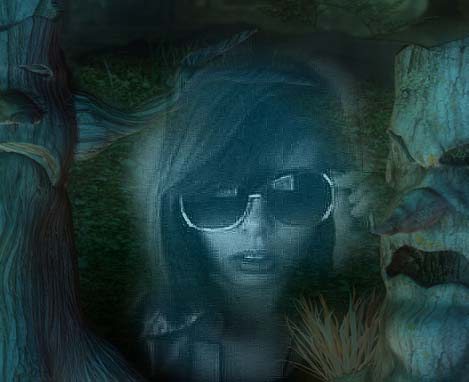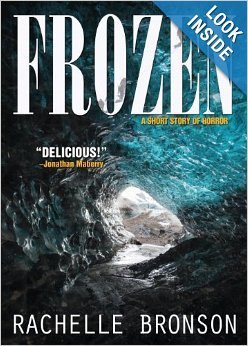 We are Wormwood strikes me as a cross between Stephen King and the movie Sucker Punch. It has the dark, gruesome aspects of King and it walks the thin line between reality and fantasy like Sucker Punch. It doesn’t have what I feel is King’s sense of detachment—it seems like he can describe the most appalling scene as though reading a weather report (something I admire).
We are Wormwood strikes me as a cross between Stephen King and the movie Sucker Punch. It has the dark, gruesome aspects of King and it walks the thin line between reality and fantasy like Sucker Punch. It doesn’t have what I feel is King’s sense of detachment—it seems like he can describe the most appalling scene as though reading a weather report (something I admire).
Here the narration is in the first person and there is a great deal of emotional investment throughout the whole story. The reader has no choice but to be drawn in and feel what Lily is feeling. Because it’s told from Lily’s point of view, this emotional writing is a much better choice.
When the book begins she is a child and as she grows she becomes more and more removed from reality. A clinical narrator would not suit this tale. It has an out-of-this-world feel which is appropriate considering it’s a glimpse into the perspective of someone who is schizophrenic. The imagery is amazingly detailed and the story jumps from straight narration to a play to a letter and back to narration. The variety in story-telling complements the bizarre story being told. You cannot predict what will happen next, but it’s still a story you can follow.
Christian shows great skill in weaving a tale that’s incredibly complex and imaginative while keeping it grounded enough for a reader to keep up. Too often writers are trying so hard to create a unique story that they lose the reader along the way. While Christian challenges your imagination to broaden, you never throw your hands up in frustration because you have absolutely no idea what’s going on.

The story begins without much exposition which is great for the type of book it is. You walk into a story already in progress and learn as you go. It keeps the story moving quickly and it starts you off with a little chaos and lack of clarity; things that will only continue to grow. Most of the other characters are distant; their stories left out. It keeps you focused on Lily; you shouldn’t and won’t find yourself attached to the supporting cast members. The only other character with in-depth attention throughout is her demon. This creature has followed her around her entire life and ages with her. Because of the large role this character plays, the reader will know her best after Lily. Yet for all the demon’s presence, it is really only Lily the reader has a chance to connect with. It’s all about Lily, just like the unique world she lives in.
The storyline is heart breaking and dark. I’d recommend it to anyone except people who really can’t stomach gore; this story overflows with it. I have no problem with these sorts of stories personally, but I could see this being an issue for some. If you can handle that, though, this book creates a whole new world worth reading about. It provides a glimpse into the minds of schizophrenics which is rare, though incredibly sad. Lily acknowledges many times throughout the book that she’s probably just like her mother who also suffers from the illness, but she cannot accept that her reality isn’t real. Even when it’s terrible and life-threatening. The power of her mind is amazing; she builds a whole cast of characters to fulfill her story—a story that is not ideal for anyone, let alone herself. She is her own worst enemy and no matter how much you cheer for her (and you will) you know things are just going to get worse as you go on. In spite of this, I didn’t want to put the book down. It’s a rabbit hole you have to see through to the bottom, and you won’t be disappointed.
I won’t go into specifics about the ending, but in the end you feel that Christian leaves a lot up to the reader. Typically I am not a fan of these open-ended endings; I like to know what the storyteller sees as the end. But it is very appropriate here. The reader has gone on such a strange, fantastic voyage here and there are just too many questions to answers. The reader will have already made several decisions along the way. Considering that the story is a testament to the power of one girl’s mind, it’s the right choice to let the reader’s imagination fill in the remaining blanks.
[amzn_product_inline asin=’B00E89RNTU’]
Reviewed by Damnetha Jules
Damnetha is a staff writer, movie and book critic.



